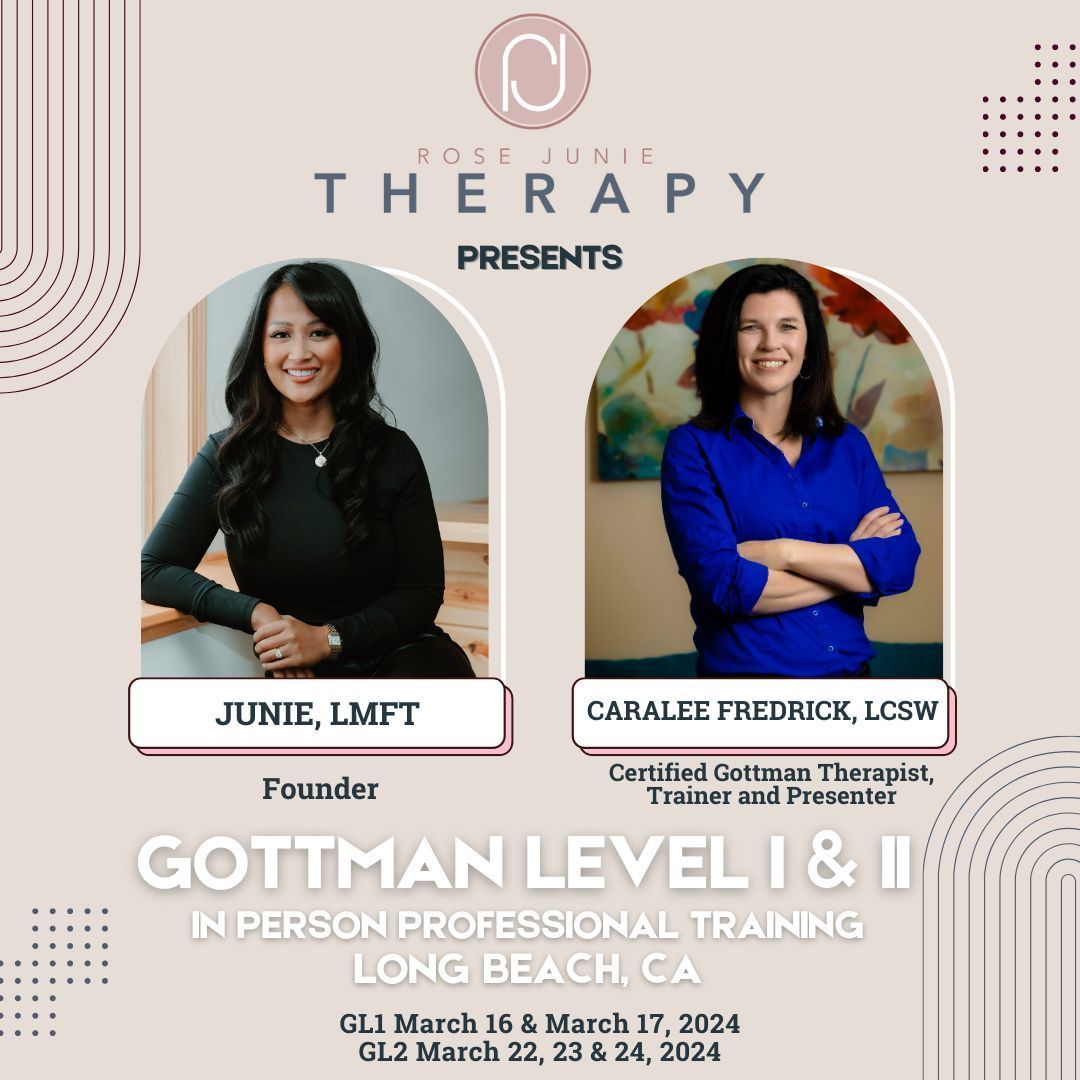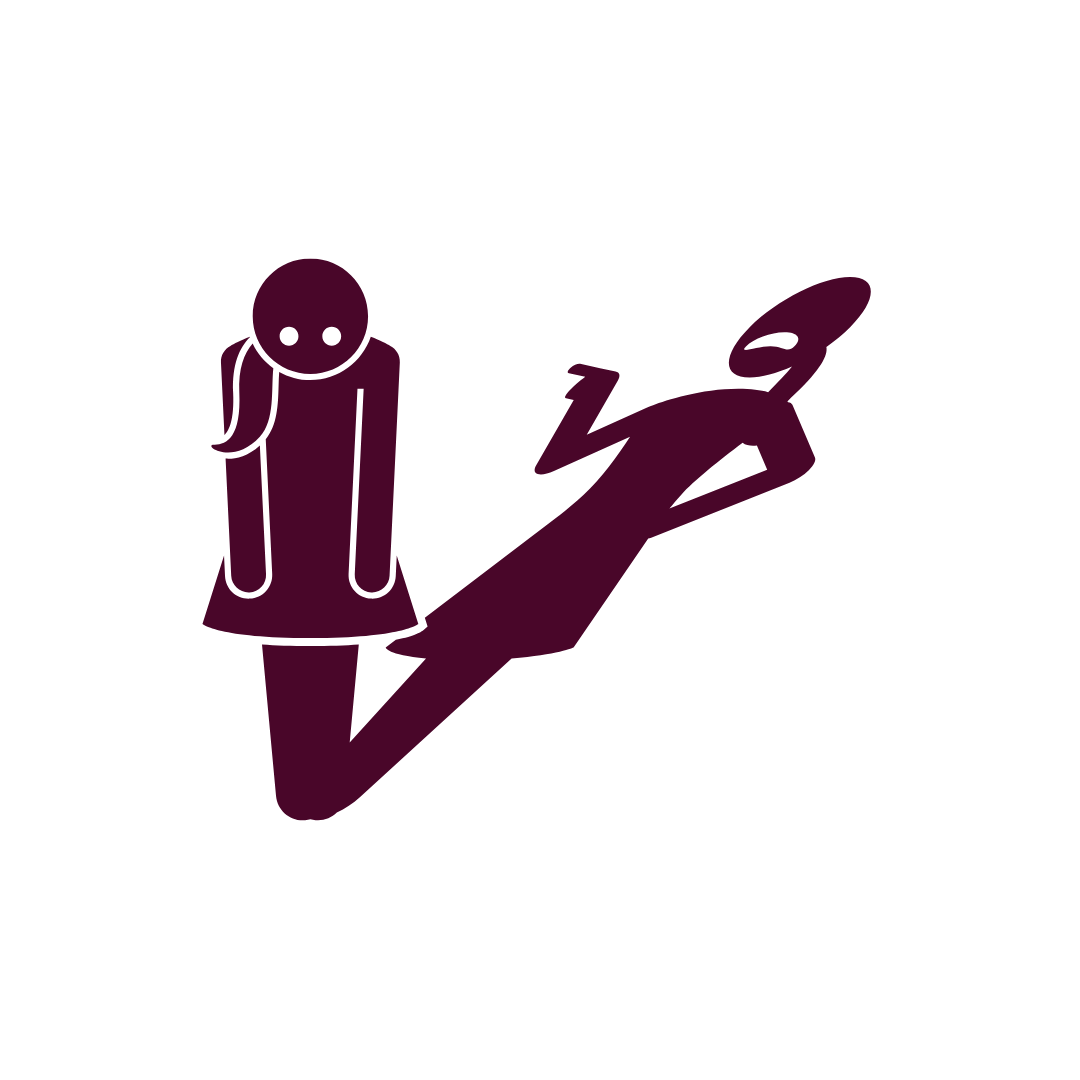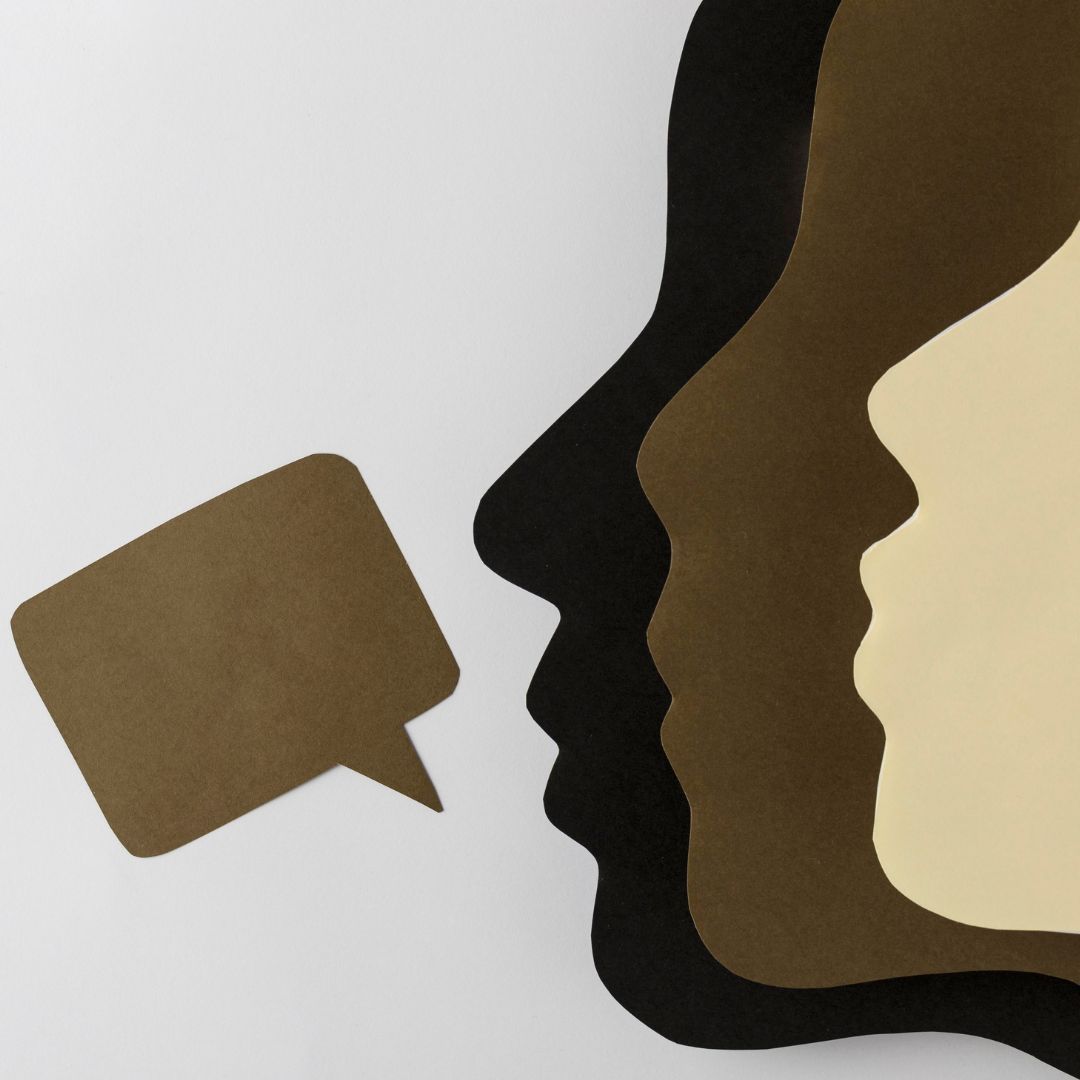Meeting Ourselves with Gentleness
Following the New Years, we tend to hold ourselves up to a higher standard. While we hope it promotes goals/resolutions, it might instead stifle them and our relationship to them. An important part of goal-setting is understanding imperfection.
Try asking yourself:
“How might I give myself the best chance at becoming/achieving _________ today?”
By asking how we might set ourselves up for the best chance–without guarantee or promise–we’re acting with flexibility and gentleness. We understand that achieving goals takes effort but that there are other factors that impact and inform our journey. We understand that seeking the best chance means some things are out of our control, giving allowance for error or faults in our plans.
Striving for the best chance vs. the perfect outcome tasks us to remain present in the process. It reminds us that there’s room to reevaluate and make another attempt or try a different way or version of it. This year, meet yourself with gentleness, celebrate in your efforts, and remember that little by little makes a lot.
Written by: Elaine Raif
Announcements

We are excited to collaborate with Caralee Fredrick, LCSW for an IN-PERSON Gottman Level I & Level II professional training at our Belmont Shores office. Caralee Frederic has been providing therapy since 1995 and licensed since 2002, first in CA and now in CO. She is a licensed clinical social worker (LCSW), a Certified Gottman Therapist (CGT) and Sexual Recovery Therapist (SRT). This IN-PERSON, Gottman Level I & II professional training will prepare you towards the Gottman certification track and offers CEU's for your annual BBS licensure renewal. For more info, please click the link below:



COMPANY
SERVICES
CONTACT
